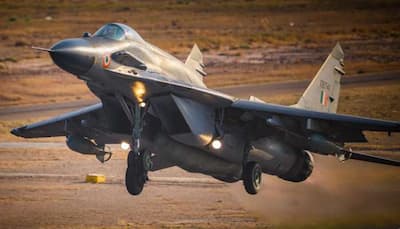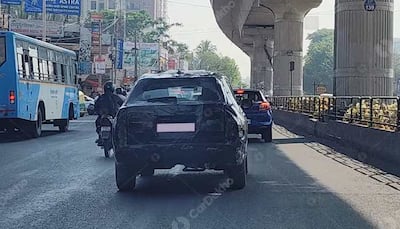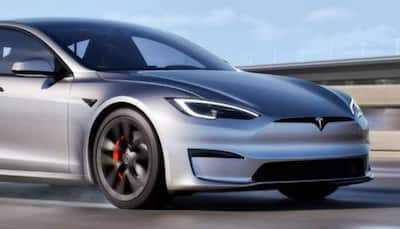Union Minister of Road Transport and Highways, Nitin Gadkari has launched the much-awaited Bharat New Car Assessment Programme (Bharat NCAP) giving a significant boost to road safety campaign in India. This programme is a significant step forward in the Government’s commitment to improve road safety through raising the safety standards of motor vehicles falling in the M1 category. Also, this is for the first time India will get its own independent crash test programme, where the government will test newly launched cars on various parameters to assess their road worthiness.
Till date, the cars sold in India were tested by Global NCAP, a South Africa based non profit body under their SaferCarsForIndia campaign. Launched in 2014, the programme tested more than 50 cars and Indian brands like Tata Motors and Mahindra excelled in the crash test ratings, with lots of their cars receiving 4 and 5-star rating, helping in sales. Currently, the cars sold in India are not assessed for road safety by any government or private entity in India. With Bharat NCAP, road safety standards in India are expected to change.
The Bharat NCAP programme or Bharat New Car Assessment Programme is India’s first crash test programme where car manufacturers can voluntarily offer their cars tested as per Automotive Industry Standard (AIS) 197. The programme is expected to develop a safety sensitive car market in India. The Bharat NCAP will join a family of NCAP across the globe to enhance road safety standards in the country.
Currently, Indian cars are tested by Global NCAP and they have tested more than 50 vehicles from carmakers like Tata Motors, Mahindra, Kia among others. The Bharat NCAP joins the programmes like ASEAN NCAP from Asia, Euro NCAP from Europe, Latin NCAP from South America and NHTSA Test in the United States, apart from Global NCAP, that performs test on cars from countries where NCAP is not launched, including India and Africa.
Live from the Launch of ‘Bharat New Car Assessment Program’ (Bharat NCAP), New Delhi.
— Nitin Gadkari (@nitin_gadkari)
1) The Bharat NCAP will be applicable from October 1, 2023
2) It is a voluntary test and hence not mandatory for any automaker to send their vehicles for testing
3) The cars will be tested as per Automotive Industry Standard (AIS) 197
4) The test is limited to M1 class of vehicles, which means only the cars with 8 passengers + 1 driver and under 3.5 tonne weight category
Bharat NCAP is a valuntary crash test programme in which cars are rated basis Adult Occupants (AOP), Child Occupant (COP) and Fitment of Safety Assist Technologies. A safety rating in stars is ascertained, and potential car customers can refer to these star ratings to compare the safety standards of different vehicles and accordingly make their purchase-decision. The Bharat NCAP star rating are assigned through an array of rigorous crash tests, including frontal, side, and pole-side impact assessments.
Case in point, in the frontal crash test, the car is crashed at a velocity of 64 kmph, while the side crash is done at 50 kmph and pole-side tests at 29 kmph. The impact of crash is recorded on sensor-based crash test dummies inside the vehicle and ratings are given on adult safety for front passengers and child safety for rear occupants. A point bsed system is determined which translates to star system, with 5-star rating being the highest safety standard.

India is one of the worst countries when it comes to road fatalities across the globe. More than 1.3 million lives are lost annually as a result of traffic-related accidents in India. Notably, India’s contribution to these road traffic deaths stands at 11 percent. The Bharat NCAP will serve as an example of consumer empowerment, allowing car buyers in India to make informed decisions based on the star ratings assigned to vehicles.
It is expected that the demand for safer cars will increase, encouraging the car manufacturers to comply with customer needs. With high safety standards, not only will India reduce road fatalities, which impacts the GDP, the Indian cars will be able to compete better in the global market, increasing the export potential of the car manufacturers in India.










